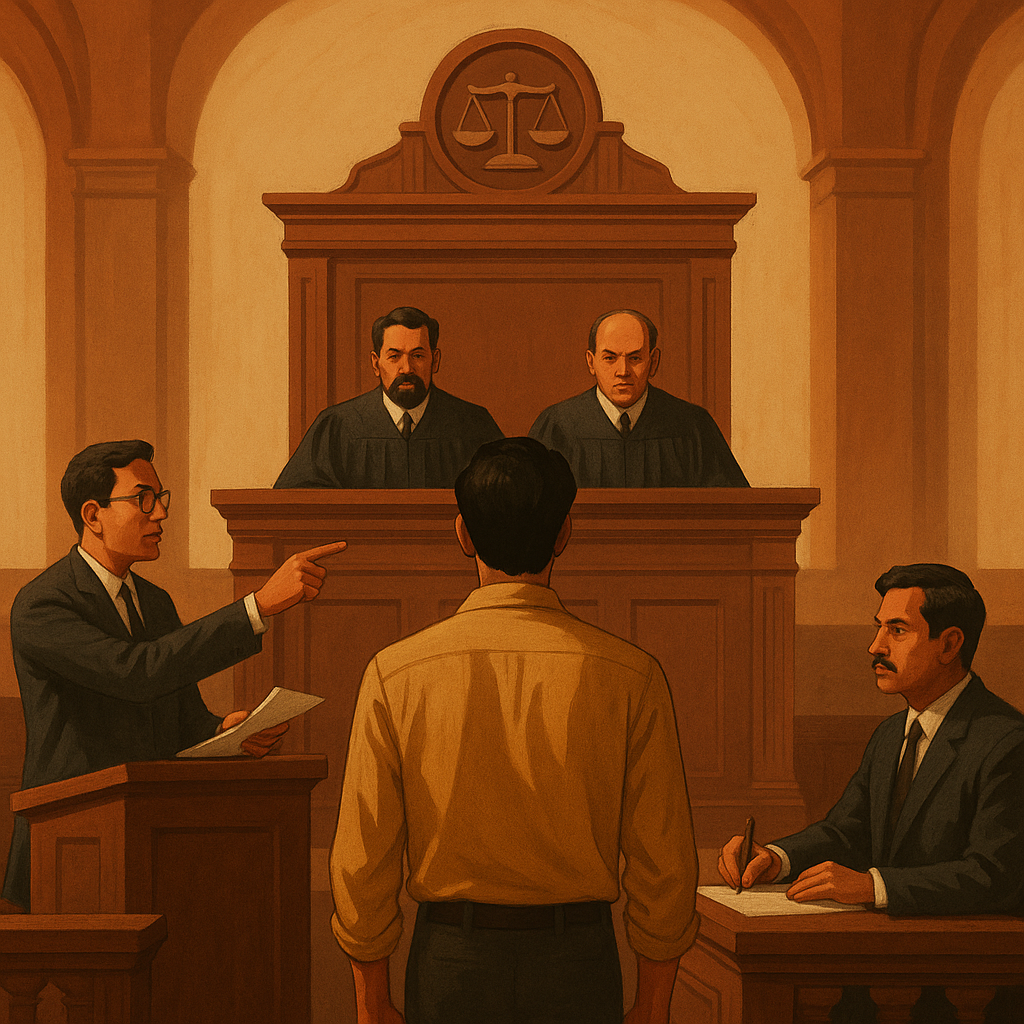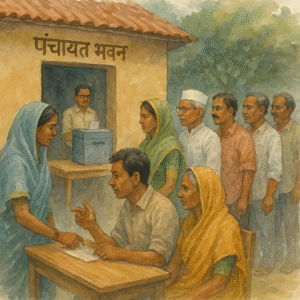Simplified Explanation of the Judgment
In a significant decision, the Patna High Court recently addressed two writ petitions filed by a private company challenging assessment orders under the Goods and Services Tax (GST) laws. The primary contention of the petitioner was that the tax authorities issued demand orders without granting a mandatory personal hearing, violating Section 75(4) of the Central and State GST Acts.
The petitions concerned two separate assessment orders issued through Form GST DRC-07 dated 30.10.2023 and 21.04.2024. These orders imposed tax liabilities on the petitioner company. The petitioner argued that the entire assessment process was conducted without giving them an opportunity to be heard, which is a legal requirement under the GST framework.
Section 75(4) of the GST Acts clearly stipulates that a personal hearing must be given if any adverse decision is to be made against the assessee. In this case, the authorities allegedly did not comply with this requirement.
In its judgment dated 19.12.2024, a Division Bench of the Patna High Court, led by the Hon’ble Chief Justice, noted that although the petitioner’s other arguments regarding limitation had already been decided against them in a related case (C.W.J.C. No. 4180 of 2024, M/s Barhonia Engicon Private Limited v. Union of India), the issue of denial of personal hearing was valid and could not be ignored.
As a result, the Court set aside the impugned assessment orders and remanded the matter back to the jurisdictional Assessing Officer. The petitioner has been directed to appear before the Assessing Officer on 15.01.2025 or on a subsequent date, if adjourned once. After providing a proper hearing, the officer is expected to pass fresh orders within three months or within the remaining limitation period, whichever is later.
This decision reinforces the judiciary’s commitment to upholding procedural fairness in taxation matters, ensuring that taxpayers are not subjected to assessments without being given a chance to present their case.
Significance or Implication of the Judgment
This ruling is a reaffirmation of the principles of natural justice in tax adjudication. The decision is especially relevant for businesses facing GST assessments, as it emphasizes that authorities cannot bypass the statutory requirement of providing a personal hearing before passing adverse orders.
For government officials and the GST department, the judgment acts as a reminder to strictly adhere to procedural mandates laid out in the statute. Failure to do so could render entire assessments invalid, leading to delays and possible revenue loss.
For taxpayers, particularly those in Bihar, the ruling provides a valuable precedent to challenge any GST order passed without the opportunity of a personal hearing. It also showcases that the judiciary remains vigilant against procedural lapses, thus offering a remedy against administrative overreach.
Legal Issue(s) Decided and the Court’s Decision with reasoning
- Whether the assessment orders under GST can be sustained when passed without granting a personal hearing?
- Court’s Decision: No, such orders violate Section 75(4) of the GST Acts.
- Reasoning: The section mandates a personal hearing if an adverse decision is to be made. The failure to follow this statutory requirement invalidates the assessment orders.
- Whether the petitioner’s claim on limitation could override the outcome of earlier judgments?
- Court’s Decision: No. The limitation issue was already settled against the petitioner in a prior judgment in M/s Barhonia Engicon Pvt. Ltd v. Union of India.
- Reasoning: The Court did not re-examine the limitation argument and applied the earlier decision consistently.
Judgments Relied Upon or Cited by Court
- M/s Barhonia Engicon Private Limited v. Union of India and Ors., Judgment dated 27.11.2024 (C.W.J.C. No. 4180 of 2024)
Case Title
- Amitamshu Tradcon Private Limited v. Union of India & Ors.
Case Number
- CWJC No. 13405 of 2024 and CWJC No. 13825 of 2024
Coram and Names of Judges
- Hon’ble Chief Justice K. Vinod Chandran
- Hon’ble Mr. Justice Partha Sarthy
Names of Advocates and who they appeared for
- For Petitioner: Mr. D.V. Pathy, Advocate
- For Respondents: Dr. K.N. Singh, ASG; Mr. Vivek Prasad, GP-7; Ms. Roona, AC to GP-7; Mr. Sanjay Kumar, AC to GP-7
Link to Judgment
eb72ff1e-0b8d-4135-a099-0ef296f05bcb.pdf
If you found this explanation helpful and wish to stay informed about how legal developments may affect your rights in Bihar, you may consider following Samvida Law Associates for more updates.








